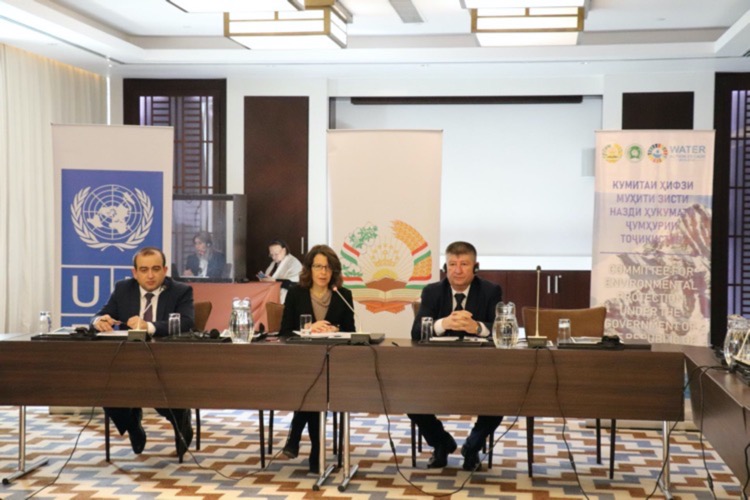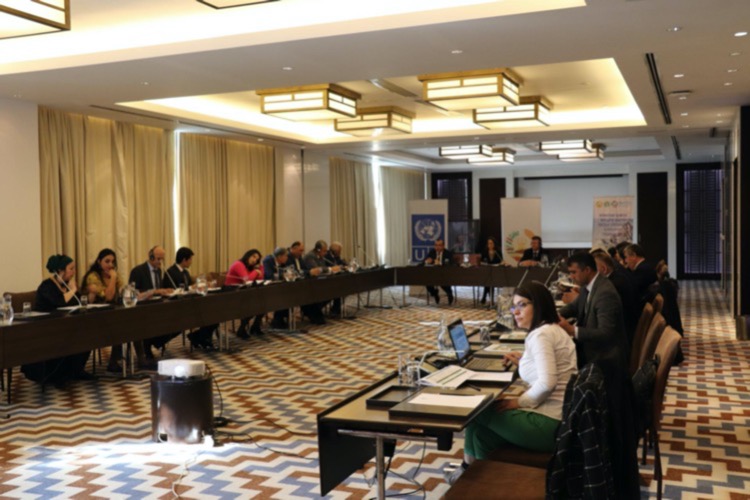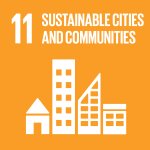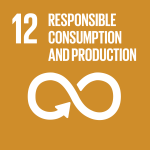
Vahdat District, Tajikistan. Credit: Zack Knowles (Creative Commons)
Dushanbe, March 2023 – The United Nations Development Program (UNDP) in cooperation with the Committee of Environmental Protection under the Government of the Republic of Tajikistan have hosted a national conference to discuss the importance of priority measures of adaptation to climate change in the country's water sector. The conference is the first step of integration of climate change concerns into overall national planning through coordination with the relevant ministries, departments, and government agencies.
The conference addressed the national and international strategy, roadmap and actions for slowing the accelerated melting of glaciers, preserving glaciers, and ensuring their effective use - at the global and regional levels - as the main source of safe drinking water. The conference also discussed the importance of mainstreaming adaptation measures in the water sector.

“As it is known for all, climate change as one of the global challenges negatively impacts the state of glaciers, snow, and water resources. Further decrease and destruction of drinking water sources on the planet can expose people to many human, social and economic disasters. Tajikistan’s water sector remains the most vulnerable to climate change among all Central Asian countries although it has large water resources. Rapid melting of glaciers due to climate change poses a serious threat to the process of providing favorable living conditions for people and protecting water resources in Tajikistan and its neighboring countries. This process has led to an increase in natural disasters and degradation of the water ecosystem with more than 80% of natural events are related to climate change in Tajikistan. The damage caused by natural disasters in the last 10 years is estimated at more than 600 million USD and will increase up to 132.3 million USD by the 2030s. Therefore, the Government of the Republic of Tajikistan needs support to develop and implement climate change action plans in priority development areas as well as key sectoral areas.” - Head of Analytical and Diagnostic Control Center at the Committee of Environmental Protection, Saidismon Sudurzoda.

“Considering both vulnerability to climate change and development priorities, the water sector was identified as one of the adaptation priorities both in National Adaptation Strategy for Climate Change from 2019 and updated Nationally Determined Contributions (NDC) from 2021. UNDP’s project addresses identified gaps and barriers to implementation and is consistent with the Government of the Republic of Tajikistan’s vision for the National Adaptation Plan process. The project is also consistent with Tajikistan’s national development policy framework, and hence will contribute to the mainstreaming of climate change adaptation into national and sectoral development plans. Due to the importance of the National Adaptation Plan process and time sensitivity of the activities, UNDP would like to encourage all stakeholders to take active participation in integrating all necessary adaptation measures into the strategic action plans." - UNDP Deputy Resident Representative in Tajikistan, Elisa Calcaterra
UNDP is providing significant support to the government to develop and implement joint measures to adapt to the impacts of climate change and aid in solving these national and regional issues.
Funded by the Green Climate Fund and supported by UNDP, the project 'Enabling an Effective Adaptation Planning Process (NAP) for Tajikistan' aims to establish the institutional arrangements and capacities to develop and execute National Adaptation Plans to further an overarching approach to adaptation planning and implementation in Tajikistan. Vulnerable to the impacts of climate change, the water sector is among four priority development areas for adaptation.
View the original news release by UNDP Tajikistan here.



